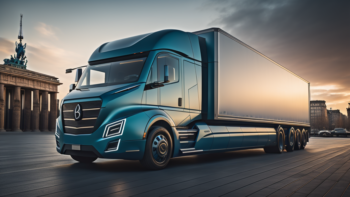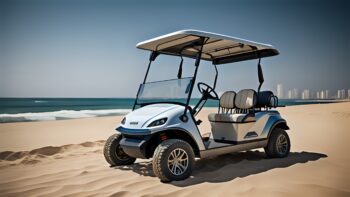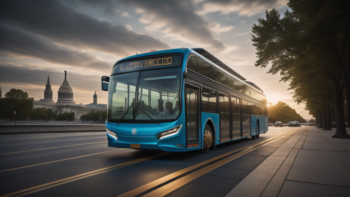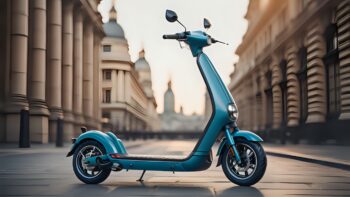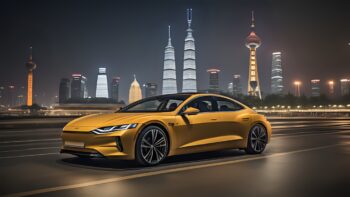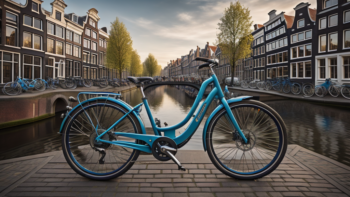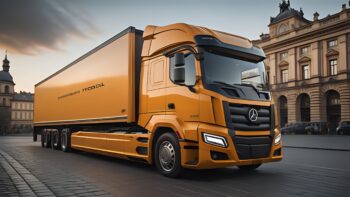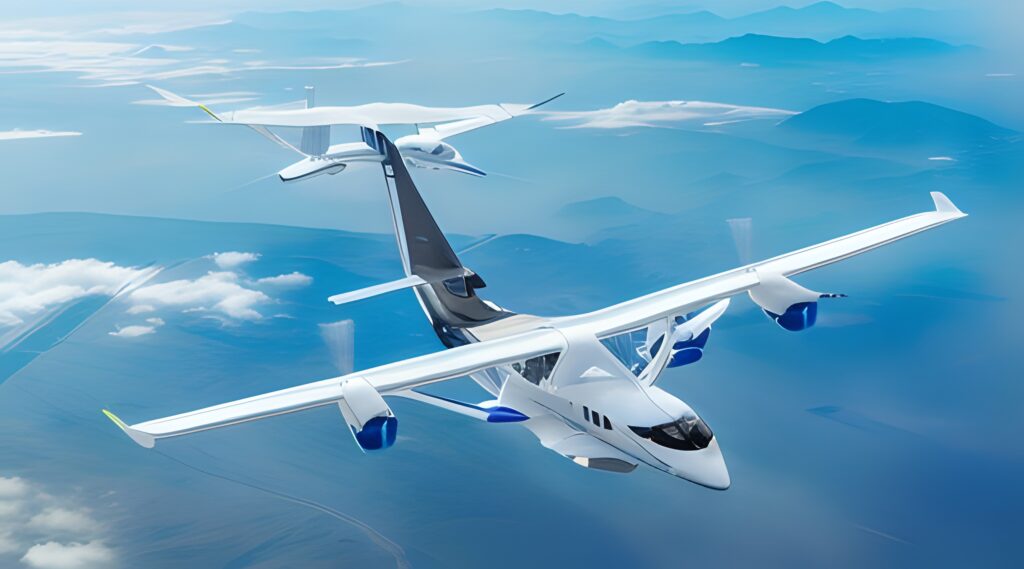
Electric Airplanes
Listing Category by product
Electric airplane manufacturers
Several electric airplane manufacturers are pioneering in the electric aircraft technology. Airbus, through its E-Fan project, has been a frontrunner, developing electric aircraft for training purposes. Another key player is Pipistrel, renowned for its electric aircraft like the Alpha Electro. Additionally, startups like Eviation and Joby Aviation are pushing boundaries with their electric propulsion systems, aiming to revolutionize regional and urban air travel with sustainable alternatives to conventional aircraft.
Market of electric airplanes
The global development of electric airplanes is propelling aviation into a new era, marked by sustainability, innovation, and efficiency. This shift towards electric-powered flight is reshaping the aerospace industry, with promising advancements and burgeoning interest from stakeholders worldwide.
Key factors driving the electric airplane market
- Environmental imperatives: Heightened concerns over climate change and carbon emissions have spurred the aviation industry to seek cleaner and greener alternatives. Electric airplanes offer a sustainable solution by eliminating reliance on fossil fuels and significantly reducing greenhouse gas emissions, aligning with global efforts to combat climate change.
- Technological advancements: Breakthroughs in battery technology, electric propulsion systems, and aerodynamics have paved the way for the development of electric airplanes with enhanced range, efficiency, and performance. These technological innovations are driving the feasibility and commercial viability of electric-powered flight, opening up new possibilities for sustainable air travel.
- Support and investment: Governments and regulatory bodies are increasingly incentivizing the development and adoption of electric aircraft through grants, subsidies, and policy frameworks. These initiatives aim to accelerate the transition towards electric aviation, foster innovation, and support the growth of a sustainable aerospace ecosystem.
Electric airplanes worldwide
- North America: The United States and Canada are at the forefront of electric airplane development, with numerous startups, aerospace companies, and research institutions actively engaged in advancing electric propulsion technology. Initiatives such as NASA’s Electric Aircraft Testbed and the FAA’s Electric Flight Working Group are driving innovation and collaboration in the region.
- Europe: Europe is a key hub for electric airplane research and development, with initiatives such as the European Union’s Clean Sky program and the UK’s Aerospace Technology Institute funding projects focused on electric propulsion systems and sustainable aviation. Countries like Germany, France, and the Netherlands are investing in electric aircraft infrastructure and testing facilities.
- Asia-Pacific: The Asia-Pacific region is witnessing growing interest and investment in electric airplane technology, fueled by rapid urbanization, air traffic congestion, and environmental concerns. Countries like China, Japan, and Singapore are exploring electric aviation as a solution to reduce carbon emissions and enhance air transportation sustainability.
Future of electric airplanes
The future outlook for electric airplanes is promising, with continued innovation, regulatory support, and market demand driving advancements in electric propulsion technology and sustainable aviation solutions. As battery energy density improves and infrastructure for electric aircraft expands, electric-powered flight is poised to revolutionize the aerospace industry, offering a cleaner, quieter, and more efficient mode of air travel.

